The standard view of evolution is that it’s a process guided by randomness, and hence its results, as amazing as they are, are meaningless. But if we think of our genes as a kind of text, then we can understand evolution as a process of interpretation, and reinterpretation. And interpretation implies meaning. Organisms and their development are guided not by chance, nor by a deterministic genetic code, but by the trickling down of experiences and memories and goals. This view allows us not only to find meaning in an otherwise meaningless universe but opens up the space for freedom and moral responsibility as the interpretation of the genetic text we’ve been given, argues David Haig.
One of the first commandments of my scientific education was ‘thou shalt not use teleological language.’ This was closely related to a second commandment ‘thou shalt not commit anthropomorphism’. It was permissible to compare a frog to a machine but not to a human being (unless one also compared the human being to a machine). Biology did not concern itself with questions of value, purpose, and meaning. These were the province of flakey disciplines such as the humanities, social science, or religion. Asking ‘why’ rather than ‘how’ was unscientific, perhaps even sinful. In my book Darwin to Derrida, I offer an extended defense of the use of teleological reasoning in biology. The physical universe is a world without values. But meaning and purpose are the defining features of living things, they do things for good reasons because there are things in the world that they value. Biologists should not be ashamed of the difference.
 SUGGESTED READING
The fight for the future of biology
By Denis Noble
SUGGESTED READING
The fight for the future of biology
By Denis Noble
Teleology comes from the Greek telos, something at the end, which was translated into Latin as causa finalis, and from thence into English as final cause. The final cause was that ‘for the sake of which’ an action was performed or ‘for the sake of which’ a thing existed. Final causes have been rejected as unscientific because a cause cannot come after its effect. But there is no backward causation when we act with intention. We form a plan which we attempt to implement. The intention comes before the fruition. There is no guarantee we will succeed. The outcome is not predestined. The same applies to the intentional actions of human beings. One of my favorite passages from Augustine is this:
“Would it not be a far more elegant way of interpreting the two-faced image, to say that Janus and Terminus are the same, and that the one face has reference to beginnings, the other to ends? For one who works ought to have respect to both. For he who in every forthputting of activity does not look back on the beginning, does not look forward to the end. Wherefore it is necessary that prospective intention be connected with retrospective memory. For how shall one find how to finish anything, if he has forgotten what it was which he had begun?”







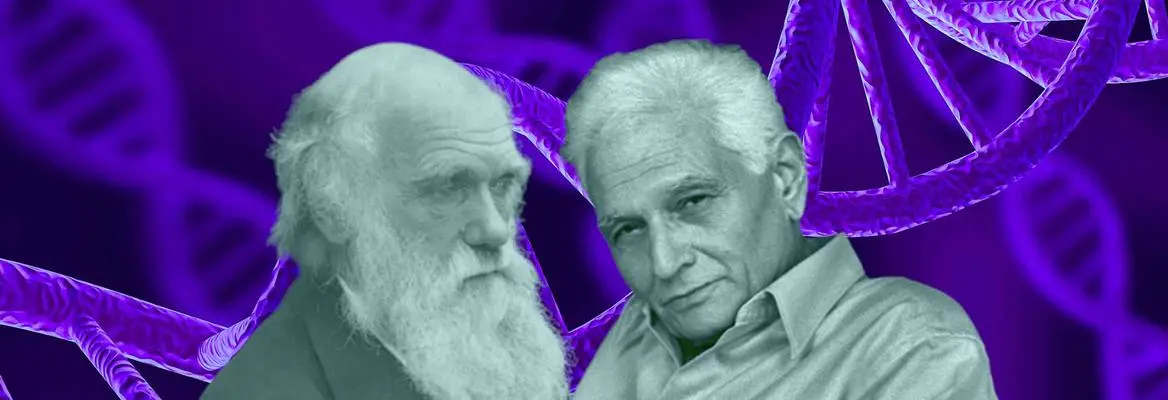



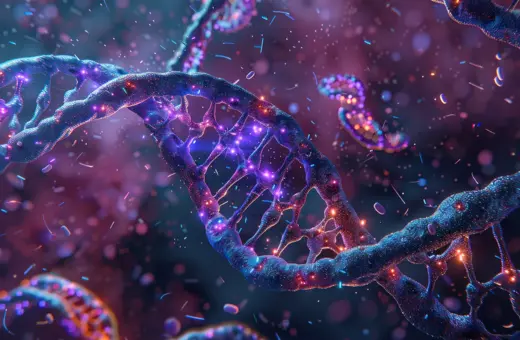


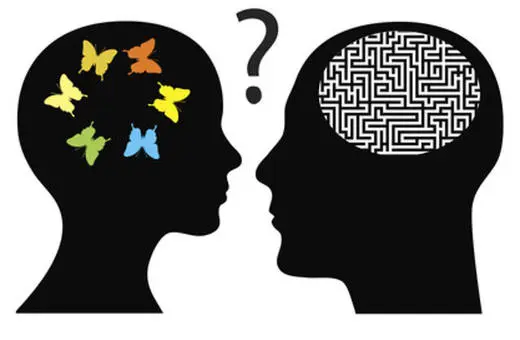
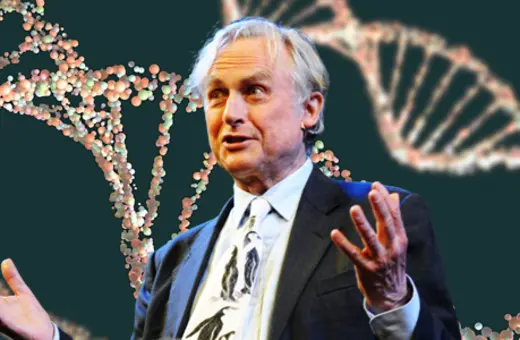
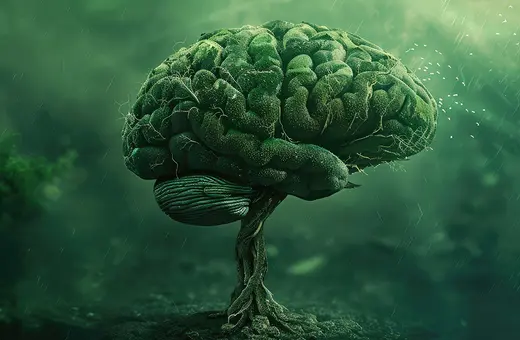
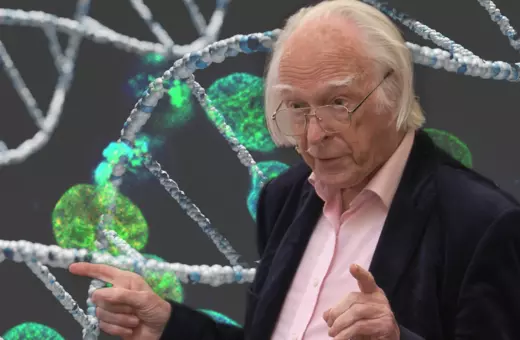



Join the conversation